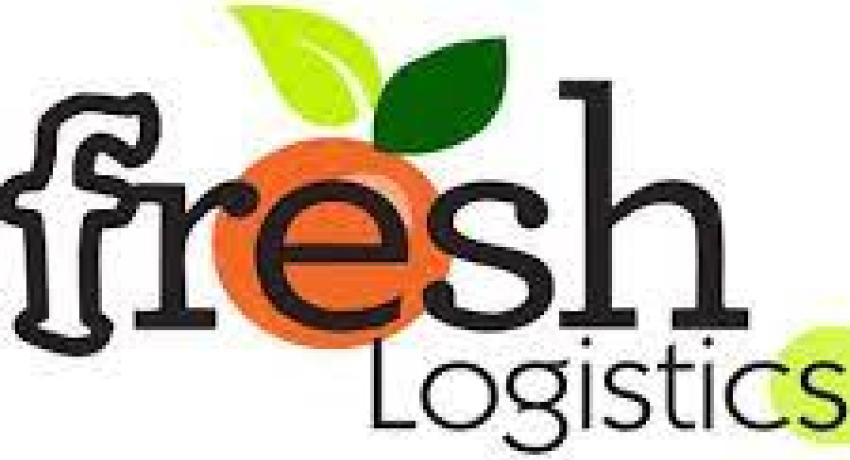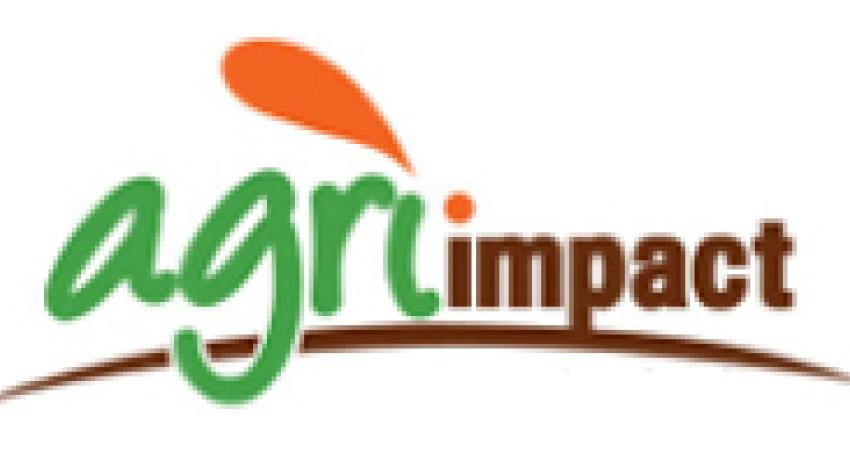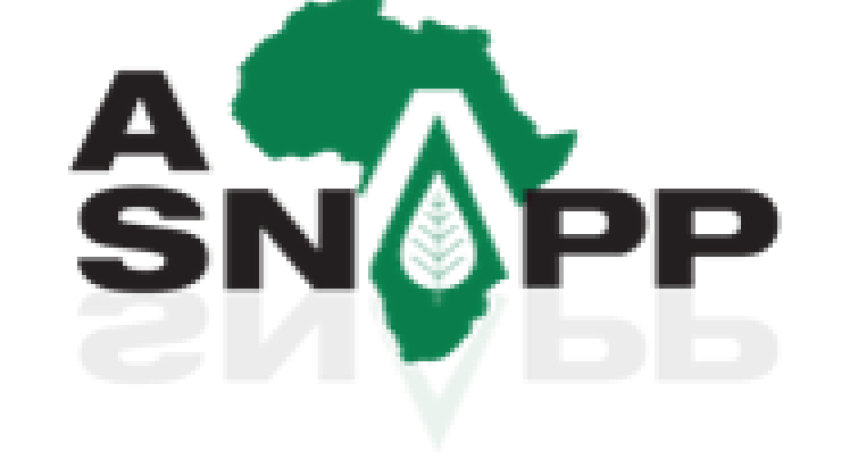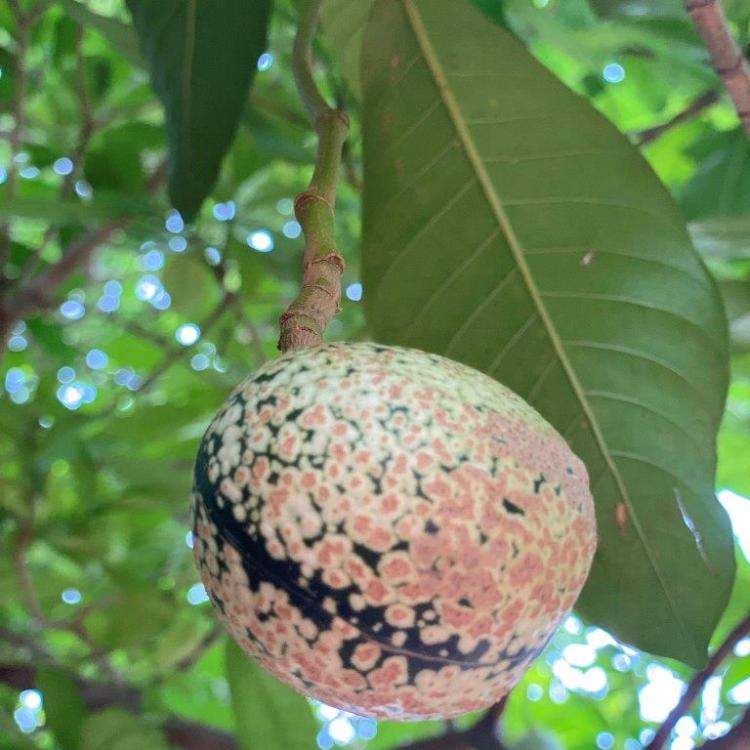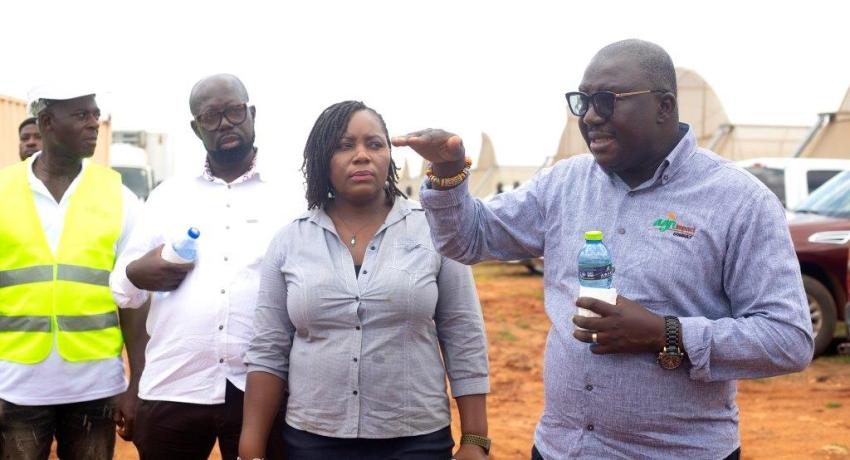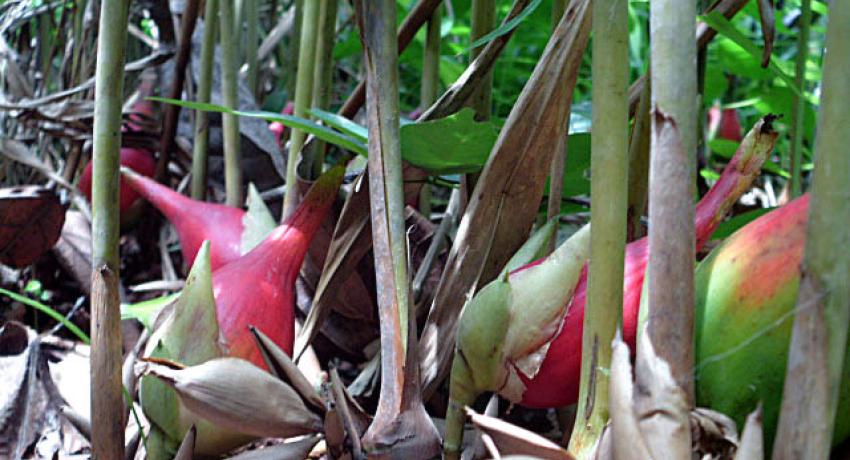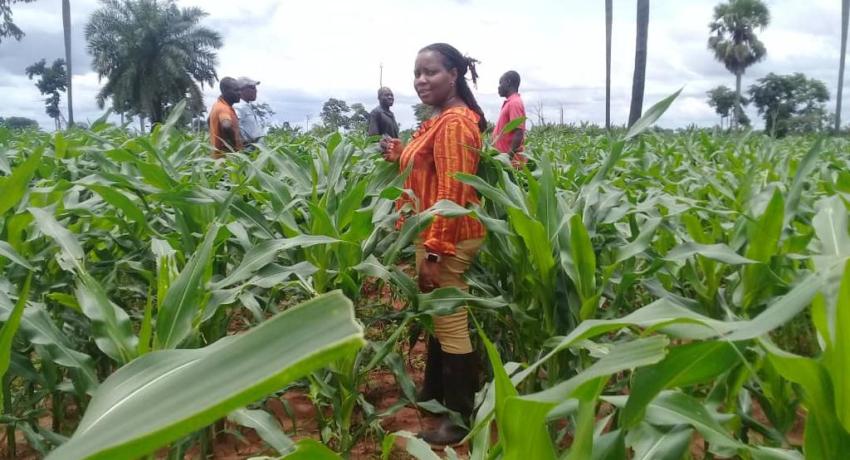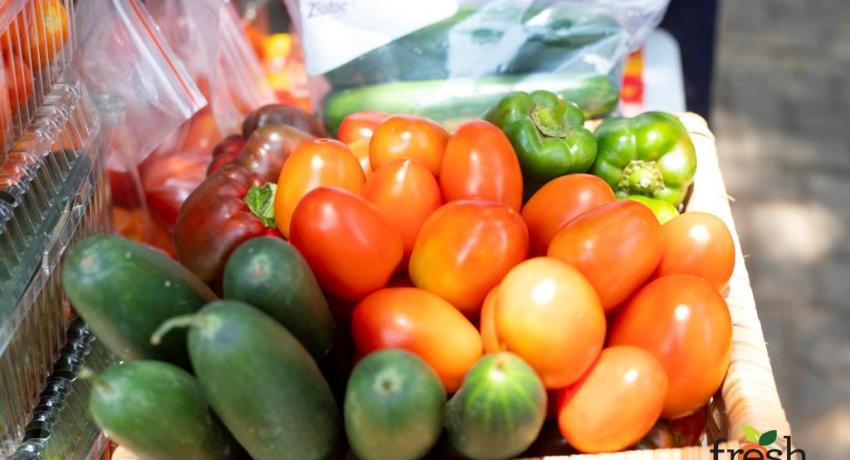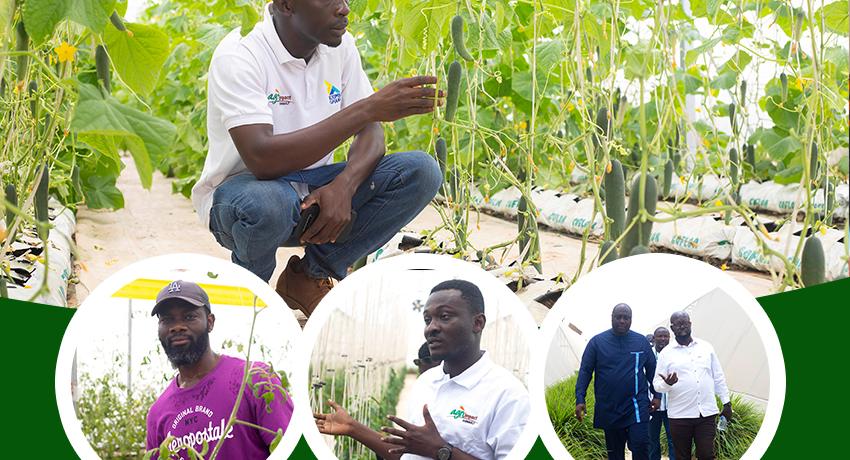Agribusiness in Sustainable Natural African Plant Products (ASNAPP)
Agribusiness in Sustainable Natural African Plant Products is an International NGO established in 1999 with the aim to reduce poverty and hunger in rural communities in Africa through sustainable production, harvesting and marketing of African indigenous plant products.
ASNAPP's mandates includes networking institutional capacities; linking African indigenous plant knowledge to scientific research and technology transfer, quality control and quality assurance, product development, enterprise development and markets.

